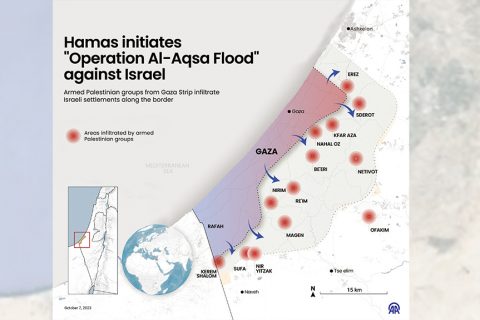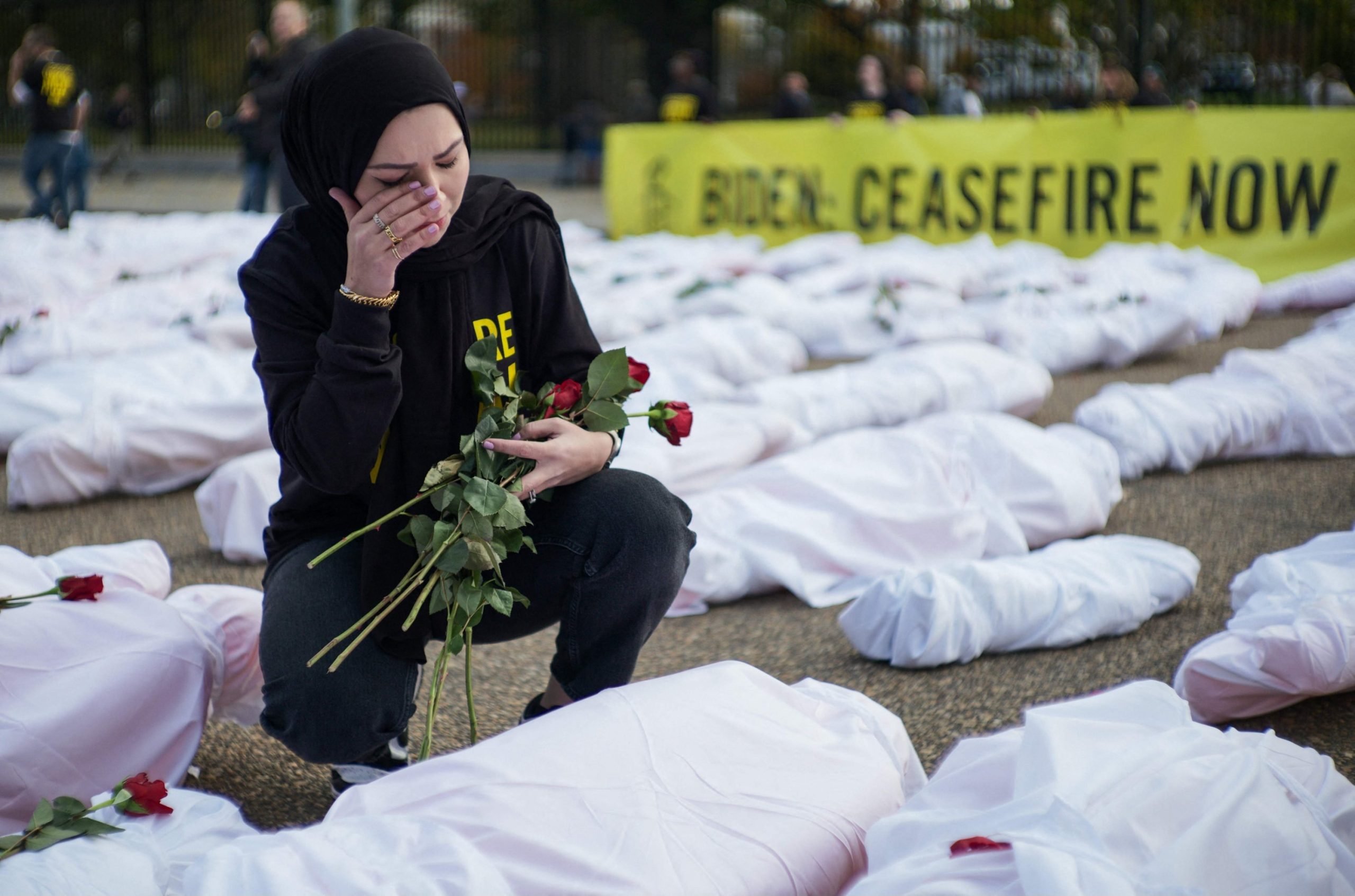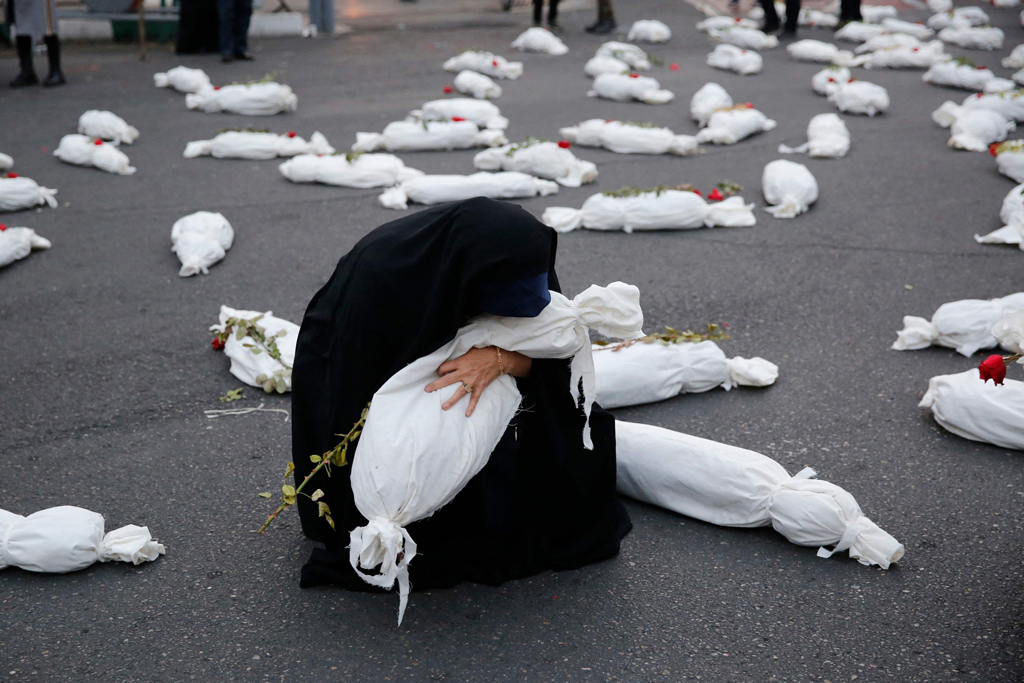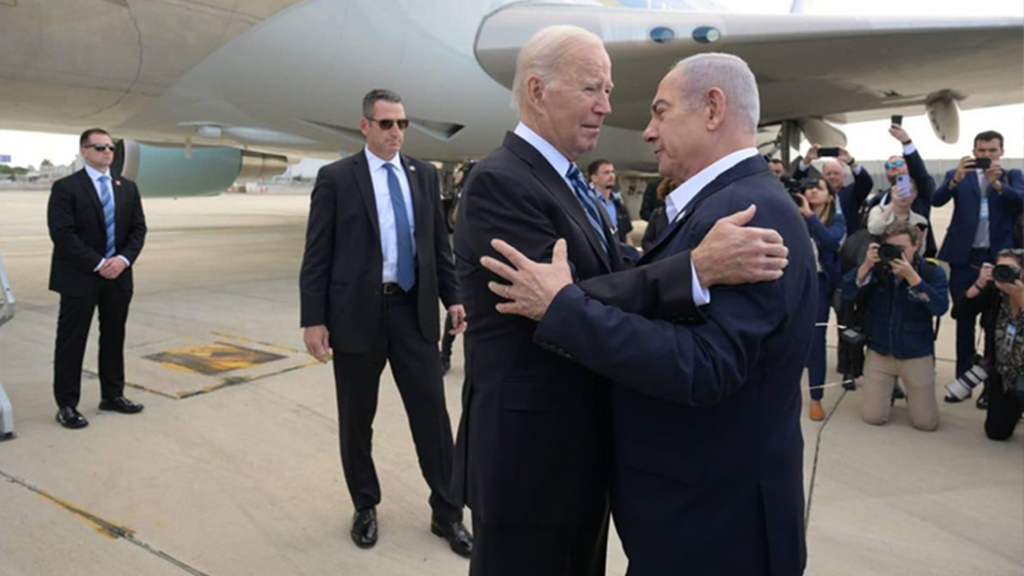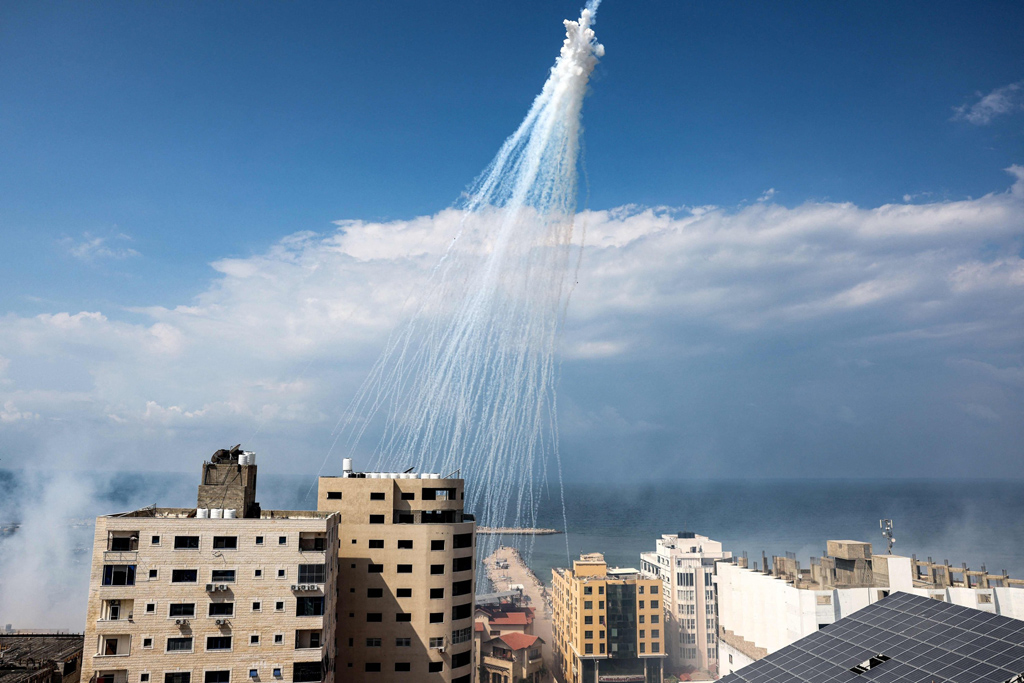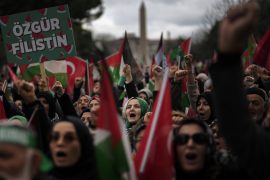Settler
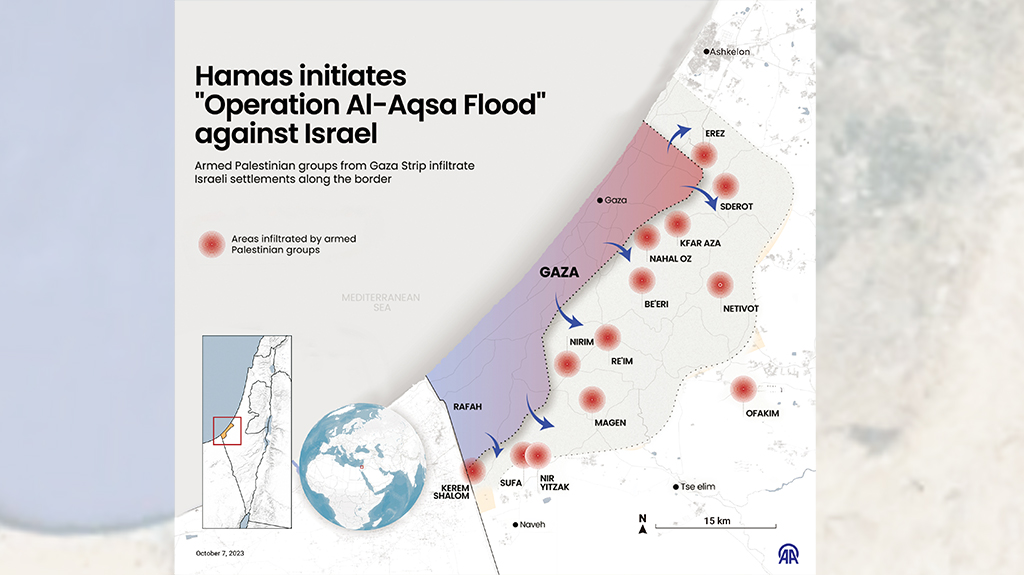
Operation al-Aqsa Flood: A Rupture in the History of the Palestinian Resistance and Its Implications
| OpinionThis paper argues that the al-Aqsa Flood operation launched by the Izz ad-Din al-Qassam Brigades …
-
Opinion
Operation al-Aqsa Flood: A Rupture in the History of the Palestinian Resistance and Its Implications
By Muhammed Hüseyin MercanThis paper argues that the al-Aqsa Flood operation launched by the Izz ad-Din al-Qassam Brigades –the military wing of Hamas– on the morning of October 7 has led to a psychological and epistemological rupture in the Palestinian-Israeli conflict and Middle East politics as the operation marked a paradigm shift in the philosophy of the resistance. The infiltration of al-Qassam into the occupied territories by land, sea, and air was a clear sign of a change in the strategy of the resistance to continue the active struggle against the aggressive expansionism and aggression of the Zionist Israeli government. In this context, the study tries to frame Operation al-Aqsa Flood and analyze the dimensions of the rupture. Besides this, it will also outline the possible impact of the operation on global and regional politics, considering that the ongoing process will change the political balance in the Middle East.
-
Opinion
Israel’s Fateful March: From Settler Colonialism to Genocidal State
By Berdal AralThis article delves into the legal discussions surrounding the crisis unleashed by the military operation launched on October 7, 2023, in Southern Israel by Palestinian forces of the resistance based in Gaza. Israel considered this a “terrorist attack,” asserted the right of self-defense, declared war on Gazans, and started the continuous and indiscriminate bombardment of Gaza. As a result, Gaza has become the new Dresden, in which thousands have been killed and tens of thousands injured. This article is an attempt to answer the following questions to illuminate the legal issues surrounding the current crisis and the broader context of Israel’s legal status as a state and its territorial claims: Was the Palestinian offensive in Southern Israel an instance of terrorism and/or an act of aggression? Which side of the conflict can rightfully claim the right of self-defense? Did Israel commit genocide in Gaza? Do Israel’s statehood and territorial claims rest on firm legal grounds? Is it legally sensible to argue that Israel is a threat to international peace and security?
-
Opinion
The Middle East of 2023
By Muhittin AtamanThe year 2011, the beginning of the Arab insurgencies and revolutions, has been considered by most observers of the Middle East as a turning point in the history of the region. The process of mass demonstrations, insurgencies and revolutions is generally known as the Arab Spring. It is claimed that the region has entered into a new epoch with this sweeping wave of changes.
Bu Konuda Daha Fazla
-
Israel’s dirty war in Gaza
By Murat YeşiltaşWhile international law experts continue to debate this issue, the report published by Yücer Acer unequivocally supports this interpretation. According to the report, Israel not only operates in violation of international law but also perpetrates severe war crimes and genocide against Gazans.
-
Macron’s backtrack on Gaza: Manifestation of the West’s shame
By Burhanettin DuranThe Israeli army continues to bomb hospitals in Gaza. With the Al-Shifa and Al-Quds hospitals out of service, the northern parts of the Strip have turned into hell on Earth.
-
The US and Israel on Gaza: Biden and Netanyahu...
By Rod SuchIn the wake of the October 7 Hamas attack on Israel and the ongoing Israeli retaliation, is there anything different in the U.S. government’s response this time around?
-
The meaning of the Hamas attack
By Muhittin AtamanHamas initiated a large incursion into some Israeli cities last weekend, which has led to a new cycle of violence in Palestine. So far, around 900 Israelis have been killed and more than 2,600 people wounded. In addition, Hamas has taken more than 100 people, including many soldiers, as hostages. On the Palestinian side, about 700 people were killed by the Israeli security forces, and several thousands of people were wounded.
-
The political toll of criticizing Israel in America
By Kadir ÜstünBringing the long-forgotten Israel issue back to the forefront has cornered the Democrats, pressuring them to take a stance.
